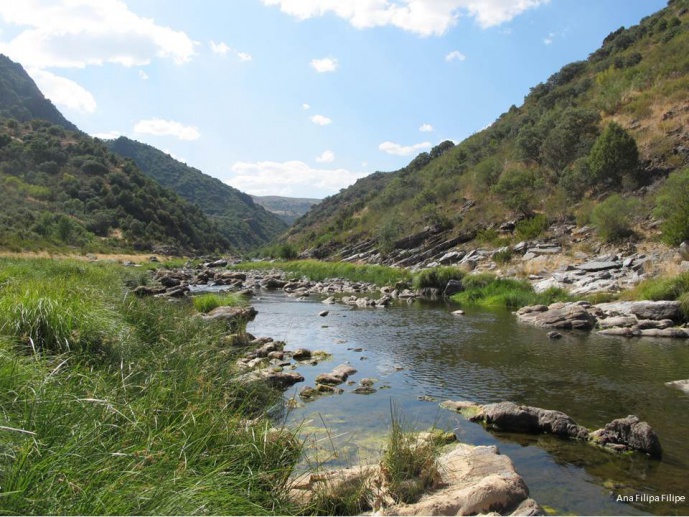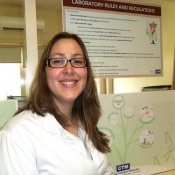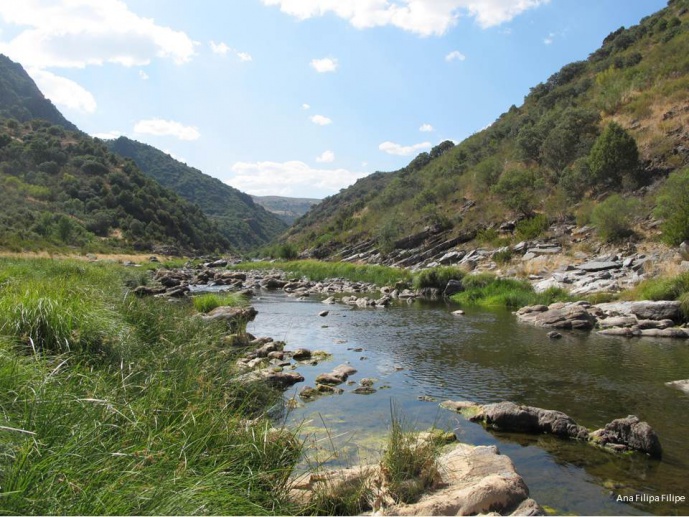FRESHING - Next-generation biomonitoring: freshwater bioassessment and species conservation improved with metagenomics
Freshwater biota are being monitored for a variety of reasons, as the evaluation of ecological quality, and the detection of invasive and threatened species. Freshwater biodiversity data of high quality is thus essential, allowing countries to fulfil legislation requirements, such as Habitat (HD) and Water Framework (WDF) European directives. However, collecting such data still implies an extensive effort and investment. We aim to investigate the value of using latest metagenomic approaches combined with applied ecological tools to optimize freshwater biomonitoring programs. Operational objectives include: 1) develop and optimize the metagenomic approach to obtain reliable biodiversity coverage and species detections; 2) build and validate metagenomic multimetric indexes for bioassessment of ecological quality; 3) build and validate rapid and accurate landscape predictions for monitoring bioassessment indices, and threatened and invasive species; and 4) design next-generation biomonitoring framework for freshwaters including an early warning system for authorities. This is of most importance since fresh waters are widely regarded as essential resources, yet such habitats are highly threatened and already affected by climate change.
This project will integrate genomic and ecological approaches, such as field sampling in the Douro Basin of freshwater macroinvertebrates and fish, lab experiments, metagenomics, species distribution models (SDMs), and conservation planning tools. The project team includes Portuguese, Spanish and German geneticists and ecologists, and a bioinformatic, in collaboration with LABELEC and AQUALOGUS Companies and the EDP Biodiversity Chair. Within the project we will produce high standard and innovative scientific outputs of major importance at the national and international context, from high profile publications to an upgrade of biomonitoring tools, and will support Master and PhD theses.

Pedro Beja
Ana Pires, Filipa M S Martins, Maria Magalhães, Sara Cristina Magalhães Carona, Virgilio Lopez




